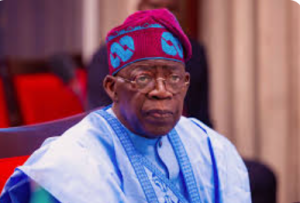 On Friday, President Bola Tinubu will be presented with a draft bill seeking to replace Nigeria’s current federal structure with a new regional governance model.
On Friday, President Bola Tinubu will be presented with a draft bill seeking to replace Nigeria’s current federal structure with a new regional governance model.
The proposed legislation, authored by Akin Fapohunda, a chieftain of the Yoruba socio-cultural group Afenifere, aims to substitute the annexure to Decree 24 of 1999 with a “New Governance Model for the Federal Republic of Nigeria.”
The bill, titled “A Bill for an Act to substitute the annexure to Decree 24 of 1999 with New Governance Model for the Federal Republic of Nigeria,” proposes dividing the country into eight geopolitical regions with provisional boundaries. These regions would include a Southern, South-Eastern, Western, Mid-Western, Eastern Middle Belt, Western Middle Belt, North-Eastern, and North-Western region.
According to Fapohunda, who also represents the Coalition of Indigenous Ethnic Nationalities (CIEN), the new regional model would grant the constituent regions more autonomy to manage their own affairs, including the ability to create sub-entities like provinces and divisions. The regions would have their own executive and legislative bodies, headed by a Premier.
However, the proposed bill has reportedly been disowned by the House of Representatives, whose officials stated it had not been listed for deliberation in the ongoing constitutional review process.
Nonetheless, Fapohunda revealed that he will submit the draft bill to President Tinubu on Friday, though he plans to wait seven days before releasing it to the public.
The regional governance model outlined in the bill aims to reduce the cost of public administration, with the federal government comprising no more than nine ministries and ministers. It also calls for a unicameral federal legislature composed of representatives elected at the discretion of the regions.
Overall, the proposed legislation seeks to decentralize power away from the current 36-state structure in favor of a more streamlined regional system that grants greater autonomy to Nigeria’s diverse ethnic and geographic constituencies.

